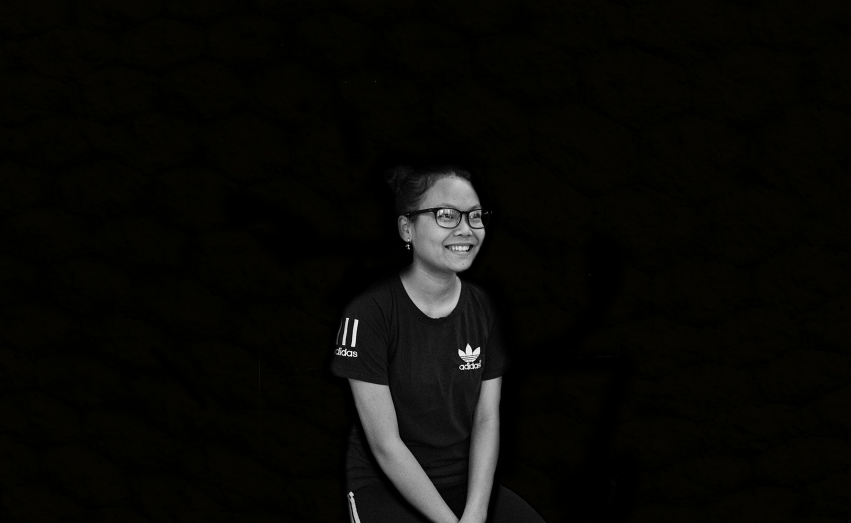By Anh Mai
Ba Moo was born in Thailand, December 28, 2002, to a family of four. After many generations of her family and many other families living in Burma, a new government took over and started to persecute small minorities. Regarded as one of the longest running civil wars, this war caused many innocent people to lose the land and state they loved so much. Like many other families seeking safety in the swamp of violence, Moo’s family decided to seek refuge in a camp.
“When I turned about six, we all immigrated to America and first settled into Nashville, Tennessee,” Moo said. “When we came to America, we moved around a lot; it became the norm for us to move apartments every two years. Nebraska has been the longest place we stayed. We have been here for around 4-5 years.”
“Most of the time, the move is due to job opportunities for my dad because he can’t speak English, he has to find jobs and his friends said it paid a lot more in Nebraska than Tennessee because Tennessee is really industrialized so there’s a lot of people there. And since Nebraska was a better opportunity for my family, we moved over [here].”
Although she describes Nebraska as, “the middle of nowhere,” she also says, “it’s definitely not quite like Nashville as there’s less people and you’re definitely more connected.” Compared to other places like Kentucky and Tennessee, she has seen a lot of diversity in Nebraska and it has given her the opportunity to, “stay connected to people in my ethnicity which has helped me to keep [her- self] grounded with [her] traditions and culture.”
She is adamant in describing herself as more privi- leged than other people in how many of her friends have come to Nebraska in their high school years, making it harder for them to adapt. She came to America when she was really young and was able to adapt to the languages and normal customs.
“I understand there are way more difficulties for them, and so being in Lincoln High I really see the struggles they go through and I want to be able to use the privilege I have been given to give them a voice in the school. I plan events in which I am able to give them and other people of color a space in which to showcase their culture,” Moo said.
When asked about the activities she participates in or is active in, she listed Life After High School, HOSA, Young Life, NHRI, tutoring, Pre-IB, and Student Council. When planning out her schedule, she tries to plan something everyday after school. She participates in not only school- related activities but is also very invested in her culture. Life After High School, a program that is preddominantly immigrants and refugees, is “a place where you get aid in helping prepare for college.”
Moo says that though she is not very involved, she does help out her friends with homework when needed. HOSA, a club for students interested in the medical field, is also another club she is participating in. She currently serves as their secretary, helping to plan events with the vice president and president.
At first, she wanted to become a neurosurgeon but re- considered because of the blood aspect. She is now inter- ested in studying the brain, nervous system, spinal cord, or anything neurologically related. Young Life, a Christian organization that she participates in, and Student Council are some other classes and clubs she takes part in. Her role in Student Council is treasurer, in which she handles Student Council’s finances.
Moo has two siblings, which she describes as polar opposites–her brother being a rebel child, but also really hard working. She describes her sister as a second mother since her parents used to work a lot. Right now, her sister is at UNK studying to become a nurse. Her father is a pastor and her mother worked as a florist but is now more predominantly working as a Sunday school teacher and cook.
She identifies as a Christian and with her father being a pastor, her family is pretty religious. Moo does not consider herself as religious, but she does respect other people’s beliefs, and she does feel that there is someone watching over her.
“I feel like I don’t really talk a lot in school, it’s hard because all the stereotypes that go with certain ethnici- ties or race or religion, I don’t perfectly fit into, so I feel like I should do a better job in advocating for what I believe in and not what I am made to believe in.
I’m really thankful that I have been given this opportunity to be able to speak as myself,” Moo said.

